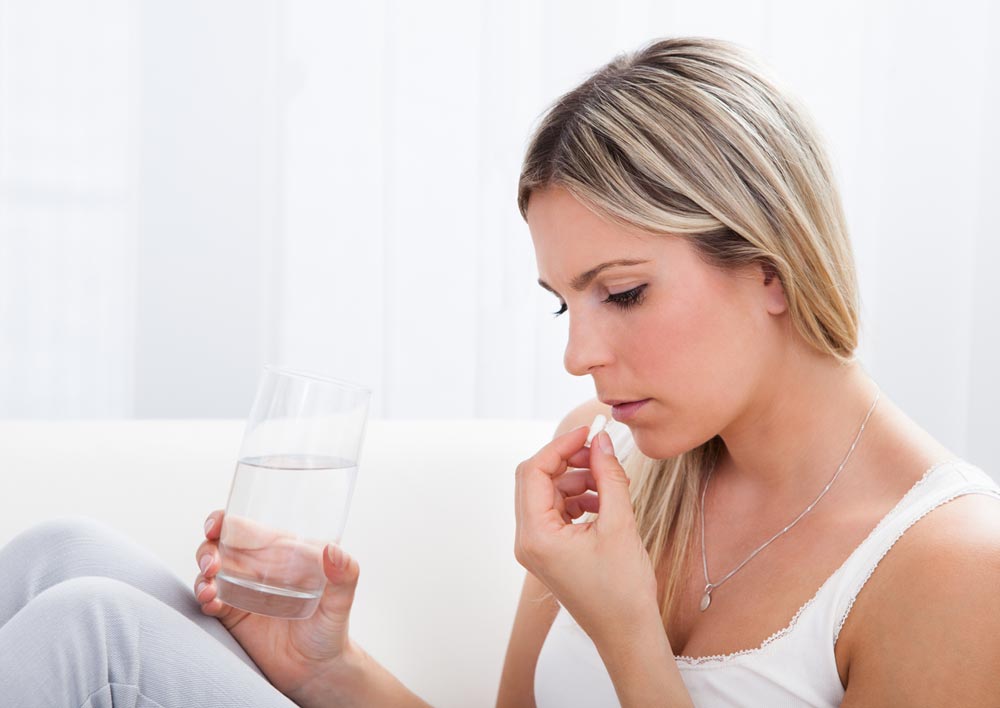Addiction and Chronic Stress in Med Students
 Medical students have one of the highest rates of drug abuse, alcohol abuse, and addiction of any demographic in the United States. In fact, while 9% of the general population is expected to have problems with drugs or alcohol during their lifetime, more than double, or 20% of medical students are. That reliance on substances, especially Ritalin and other performance-enhancing drugs, is primarily linked to stress and the high-pressure medical students are under.
Medical students have one of the highest rates of drug abuse, alcohol abuse, and addiction of any demographic in the United States. In fact, while 9% of the general population is expected to have problems with drugs or alcohol during their lifetime, more than double, or 20% of medical students are. That reliance on substances, especially Ritalin and other performance-enhancing drugs, is primarily linked to stress and the high-pressure medical students are under.
While that isn’t always the case and some people do have a drug or alcohol problem related to trauma, to upbringings, or to mental health problems – the high comorbidity between high levels of substance abuse and high levels of stress remains true.
Are Medical Students Under More Stress?
Medical studies are considered one of the most stressful possible education tracks. While medical students do have breaks, many are also expected to fit study alongside exams, lectures, and work in a hospital as part of their study. They’re also given high-pressure exams, which require them to memorize significant amounts of data.
That’s without factoring in high student loans and long periods of study and tenure required before being able to pay those back. In addition, medical students have remarkably little personal time – leading to fewer opportunities for social activities or social life, resulting in a reduced quality of life, reduced emotional quality of life, and reduced ability to find outlets. That, in turn, creates a higher risk for mental and physical burnout, especially when paired with strict schedules that can sometimes have students return to class or to the hospital 6-8 hours after leaving it.
Med Students and Substance Abuse
The result is that medical students are significantly prone to substance abuse. In one study, 12,500 medical students were polled for symptoms, normal drinking and use habits, and behavioral problems. 1,411 or 32.4% of them met diagnostic criteria for alcohol abuse or dependence. Another study suggests that 58% of medical students binge drink regularly, at least one in three uses illicit drugs, and those medical students were three times as likely to be addicted to drugs or alcohol as any other type of student. This study included a systematic review of previous papers and concluded that the most commonly abused substances were alcohol and marijuana. However, performance-enhancing drugs were also increasingly popular, with peaks between 2006 and 2011.
For example, Adderall, Ritalin, and Concerta are commonly used by students without a prescription. These “uppers” are used as study drugs or to improve performance and concentration before exams. Here, an estimated 5% of all college students use study drugs – many of which result in chemical dependence and addiction. That’s important, considering nearly all emergency room visits related to overdose are from students between the ages of 18 and 25.
Get Your Questions Answered
Self-Medication
 While med students often use study drugs in an attempt to improve performance and to reduce stress, many more use drugs and alcohol to cope with stress. Here, students are very likely to use alcohol to fall asleep, to relax after a stressful exam, to relax enough to take an exam, or to have downtime without going out or seeing friends. This attempt at self-medication often backfires, because alcohol results in feeling bad the day after – with hangovers, dehydration, and reduced performance common. That increases stress, workload, and reduces ability to improve mood for the following day – meaning it escalates the problem moving forward.
While med students often use study drugs in an attempt to improve performance and to reduce stress, many more use drugs and alcohol to cope with stress. Here, students are very likely to use alcohol to fall asleep, to relax after a stressful exam, to relax enough to take an exam, or to have downtime without going out or seeing friends. This attempt at self-medication often backfires, because alcohol results in feeling bad the day after – with hangovers, dehydration, and reduced performance common. That increases stress, workload, and reduces ability to improve mood for the following day – meaning it escalates the problem moving forward.
Self-medication also greatly increases chances of addiction – as long-term exposure is the greatest cause of addiction. With many drugs, addiction comes following the build-up of tolerance, increase in dosing, and increasing frequency of dosing – and self-medication sets anyone in a high stress environment up for all three. For example, if you drink after a stressful situation, you relax and feel better. Then, the next day is more stressful because of the hangover. Eventually, drinking or using every day becomes the norm, leading to addiction.
As a result, 22.4% of junior medical students abuse alcohol regularly, with many having more than 2 servings of alcohol per day. More problematically, many combine those drugs with Ritalin or benzodiazepines, normally using the upper to counteract the negative effects of the alcohol.
Addicted Students Become Addicted Doctors
While 20% of medical students are estimated to have problems with drugs and alcohol, 10-15% of doctors face the same problem. This often means that students are simply not getting help with drug and alcohol abuse or addiction and are instead hiding the problem until they get through med school. Once they do, the high demand for doctors and nurses pushes many into tenure – where they can accept opportunities or be left behind.
Many are also incentivized not to reach out to university programs for help – because they’re afraid that addiction and drug or alcohol abuse will permanently affect their reputation and record. That only becomes worse as they move into professional positions, where charges of substance abuse can result in losing practitioner licenses and everything they’ve worked for. The result is that many continue using over the long-term, sometimes even drinking or using while at work or before surgery – because they can’t operate without.
At the same time, standards like the Federation of State Physician Health Programs, the FMLA, and the ACA mandate that professionals can keep drug and alcohol treatment to themselves. Most of the U.S. medical system operates on a “don’t ask, don’t tell” basis. Medical students and even practicing doctors may seek out treatment and help for substance abuse – without the obligation to inform anyone of doing so. That makes it easier to seek out help, and also safer than waiting for to be caught using.
If you or a loved one is abusing drugs or alcohol, it’s understandable. Medical students are under immense levels of stress and it can be difficult to face. However, there is help and you can get treatment, which includes CBT and counseling to help you learn coping mechanisms, stress management, and how to deal with your high stress lifestyle without drugs or alcohol. And, you can do so confidentially, without risking your career or study.
If you or your loved-one struggles from substance abuse please contact us today and speak with one of our experienced and professional intake advisors. We’re here to help you recover.